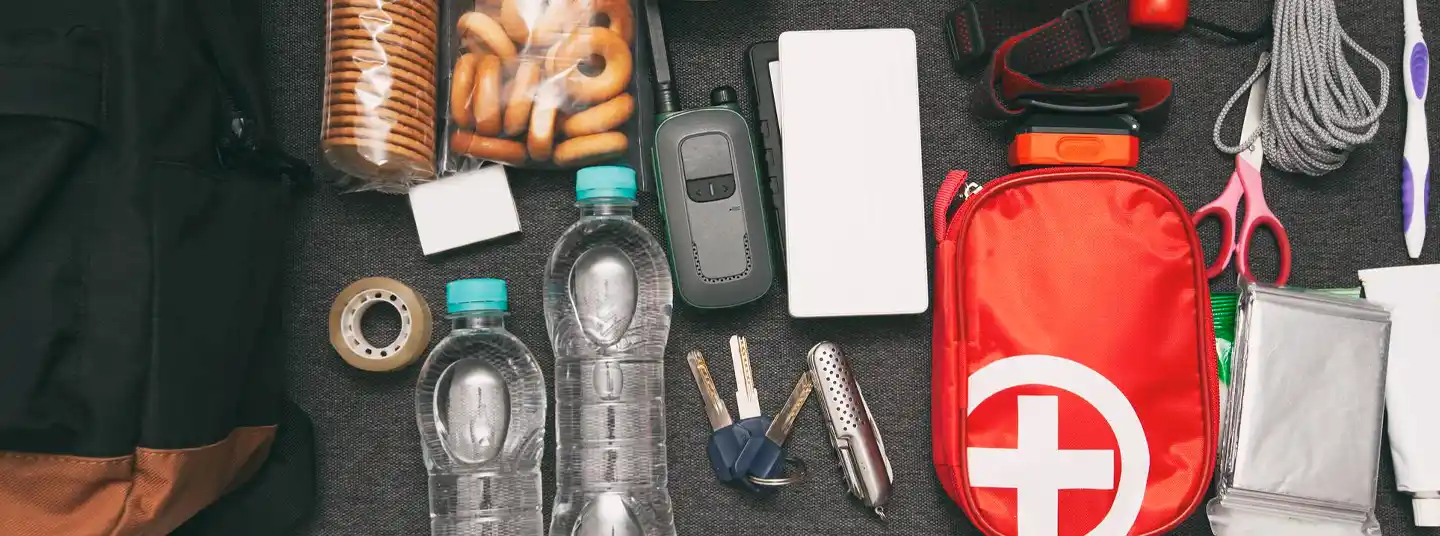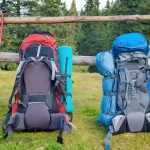

Camping is a fantastic way to connect with nature and create memories with family and friends. But before you hit the road, it’s important to know the essential camping safety tips to ensure your trip is not only enjoyable but also safe. Here are some key points to keep in mind when planning your next camping trip.
Plan Ahead and Prepare
One of the most important things you can do is plan ahead and prepare. This includes researching the area, checking the weather forecast, making a checklist, and packing accordingly. By doing this, you’ll have everything you need to be comfortable and safe during your trip.
Take Note of Medical Issues
If you or someone in your group has medical issues, make sure to bring the prescribed medications and a copy of their prescriptions in case they get lost. Also, pack a first-aid kit that includes bandages, safety pins, antacids, and other essential medications. Having a list of allergies, medications, and doctor’s phone numbers is also a good idea in case of an emergency.
Select the Right Site and Shelter
When selecting a campground site, consider your physical limitations, age, and medical needs. There are various amenities available if you wish to stay in a tent versus in an RV or a cabin. Make sure to plan accordingly and bring the necessary gear for your chosen site. Cabins and RVs offer more amenities and can be safer, but many campers still prefer tent camping. Check different websites to find venues with amenities like tents, picnic tables, nearby restrooms, fire rings, and spacious areas for the whole group.
Be Updated with the Weather
Always be updated with the weather forecast before your trip. Experienced campers plan their trips a month ahead of time to stay proactive. Weather can change quickly, so pack accordingly for any weather condition.
Safely Pack and Store the Food
Storing food safely is essential to avoid attracting animals and prevent food-borne diseases. Store your food in airtight and waterproof containers or insulated coolers. Wash your hands before eating, and if soap and water are not available, use hand sanitizers. Separate raw and cooked foods, and cook your meals at the proper temperature.
Protect Yourself from Insects and Wildlife
Protect yourself from insect bites by using insect repellent and wearing protective clothing like long-sleeved shirts and pants. Ticks are prevalent in camping areas, so take precautions like wearing light-colored clothing and tucking your pants into your socks. Be aware of the wildlife in the area and do not leave food out overnight, as it can attract animals.
Necessary Equipment
When camping, always carry necessary equipment such as a whistle, and signalling device. These items can help you in case of an emergency, such as getting lost or injured. Learn basic first aid and bring a well-stocked first aid kit with you. Include supplies such as bandages, antiseptic, pain relievers, and any necessary prescription medications.
Emergency Plan
Make sure to have an emergency plan in place before you go camping. Identify the nearest emergency services and know how to contact them. Also, let someone know your itinerary and when you plan to return, so they can alert authorities if you don’t return on time.
Campfire Safety
Follow the principles of Leave No Trace when building and using a campfire. Choose an appropriate site for the fire and keep it small. Don’t leave the fire unattended, and make sure to extinguish it completely before leaving.
Environmental Protection
Protect the environment by following the principles of Leave No Trace. This includes packing out all your trash and leaving the campsite cleaner than you found it. Consider using zero-waste camping practices to reduce your impact on the environment.
Author

Emily Wychwood
Emily is an avid camper and outdoors enthusiast, with a passion for exploring new places and trying out new gear. She grew up camping with her family and has continued the tradition with her own children, who love nothing more than roasting marshmallows around the campfire.
Recent Posts


